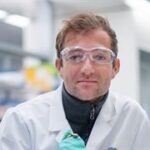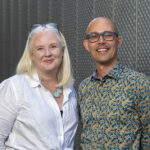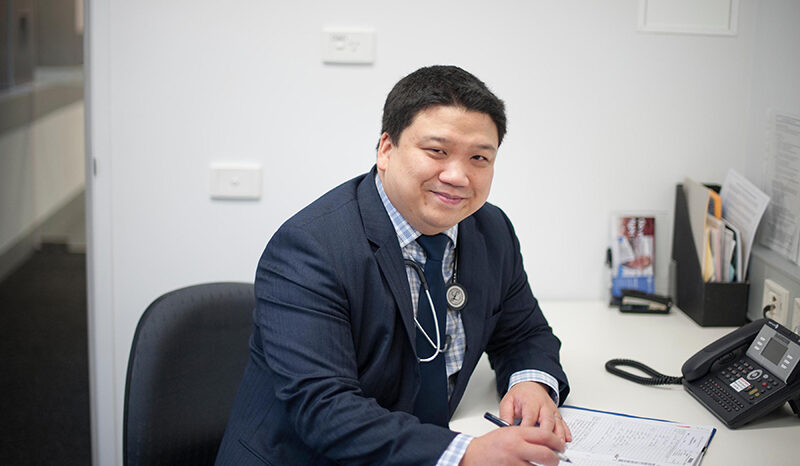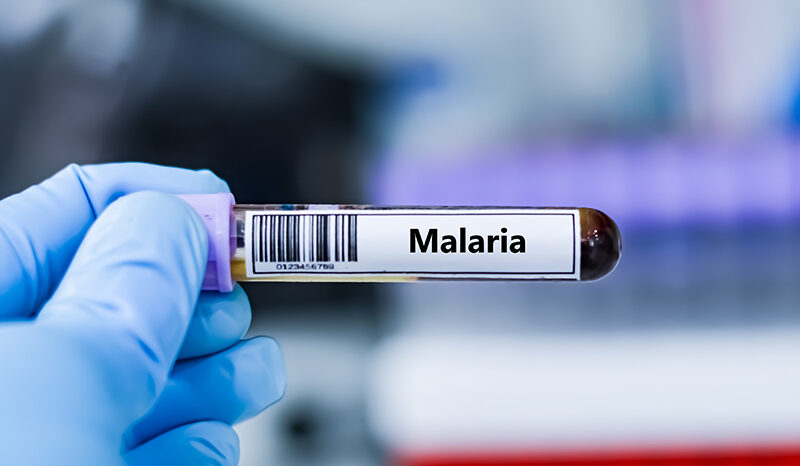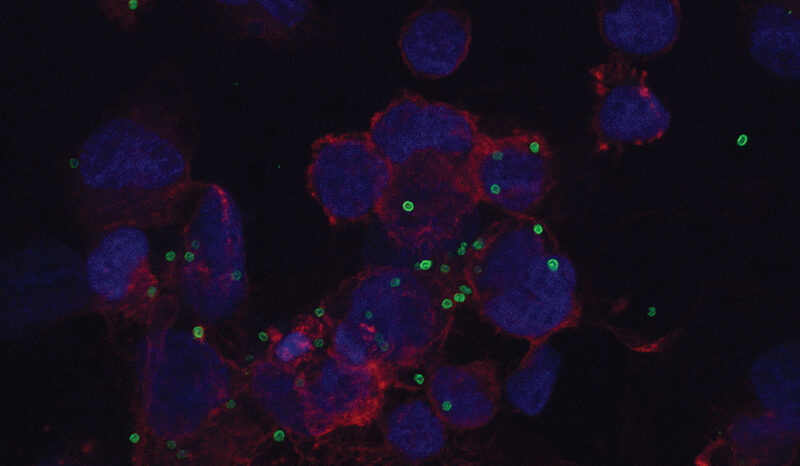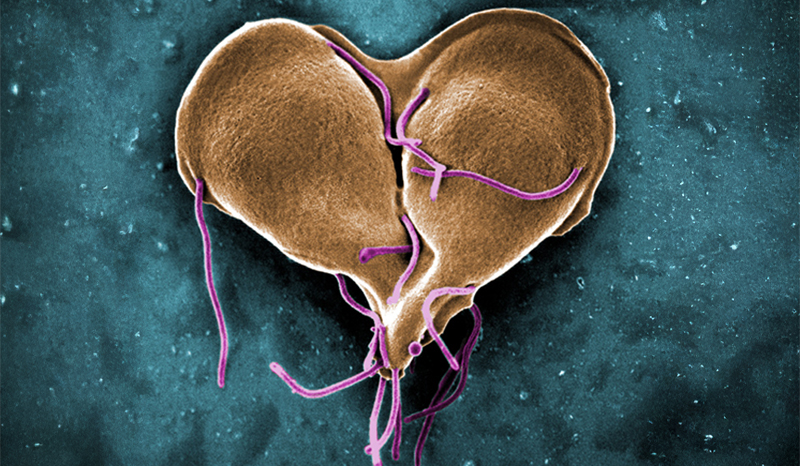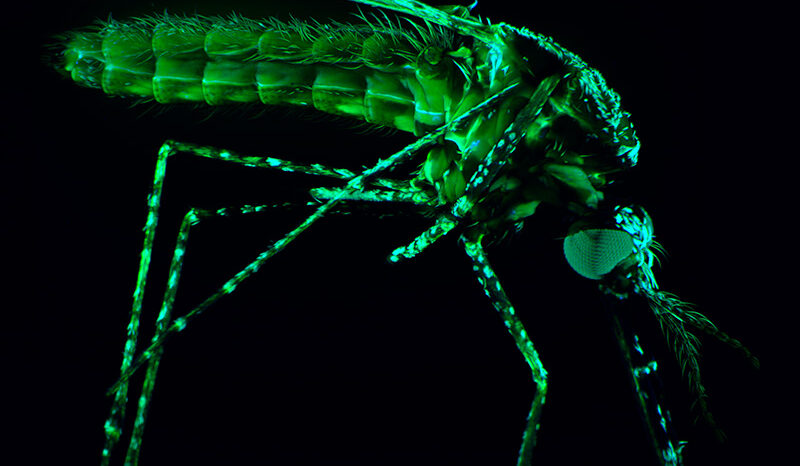Common variable immunodeficiency (CVID) is the most common primary immunodeficiency, both in Australia and worldwide. It is estimated that approximately one in 10,000 Australians have CVID.
People with CVID have problems making antibodies, which are important in fighting infections and building immune protection. Low levels of antibodies put people with CVID at risk of recurrent bacterial infections. These people are also unable to develop a normal immune response to vaccines.
Diagnosing CVID is difficult and requires exclusion of other primary immunodeficiencies. As symptoms of CVID can be quite different between people, many people with this condition are not diagnosed until they are adults.



